ABC are the first three letters of the Latin script.
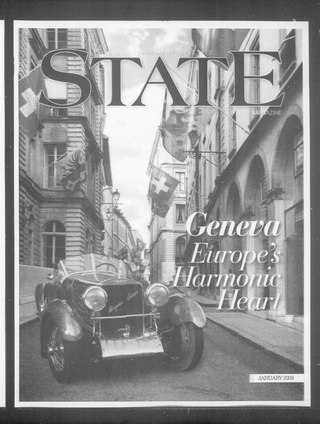
A magazine is a periodical publication, generally published on a regular schedule, containing a variety of content. They are generally financed by advertising, purchase price, prepaid subscriptions, or by a combination of the three.
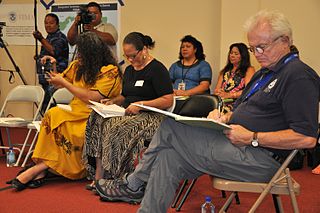
Public relations (PR) is the practice of managing and disseminating information from an individual or an organization to the public in order to influence their perception. Public relations and publicity differ in that PR is controlled internally, whereas publicity is not controlled and contributed by external parties. Public relations may include an organization or individual gaining exposure to their audiences using topics of public interest and news items that do not require direct payment. The exposure is mostly media-based, and this differentiates it from advertising as a form of marketing communications. Public relations aims to create or obtain coverage for clients for free, also known as earned media, rather than paying for marketing or advertising also known as paid media. But in the early 21st century, advertising is also a part of broader PR activities.
A coalition is formed when two or more people or groups temporarily work together to achieve a common goal. The term is most frequently used to denote a formation of power in political, military, or economical spaces.

The news media or news industry are forms of mass media that focus on delivering news to the general public. These include news agencies, newspapers, news magazines, news channels etc.

Socialism in New Zealand had little traction in early colonial New Zealand but developed as a political movement around the beginning of the 20th century. Much of socialism's early growth was found in the labour movement.
Dawn is the time that marks the beginning of the twilight before sunrise.
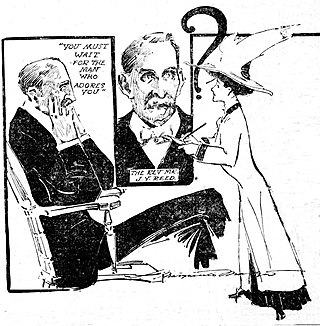
Journalism in the United States began humbly and became a political force in the campaign for American independence. Following independence, the first amendment to the U.S. Constitution guaranteed freedom of the press and freedom of speech. The American press grew rapidly following the American Revolution. The press became a key support element to the country's political parties, but also for organized religious institutions.
AFP most often refers to:
The politico-media complex is a name given to the network of relationships between a state's political and ruling classes and its media industry. It may also encompass other interest groups, such as law, corporations and multinationals. The term PMC is used as a pejorative, to refer to the collusion between governments, individual politicians, and the media industry.
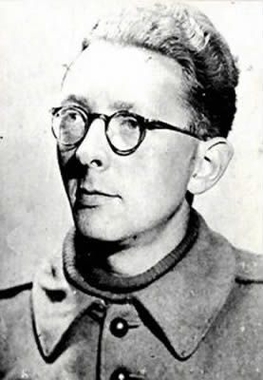
René Binet was a French fascist political activist. Initially a Trotskyist in the 1930s, he espoused fascism during World War II and joined the SS Charlemagne Division. Soon after the end of the war, Binet became involved in numerous neo-fascist and white supremacist publications and parties. He wrote the 1950 book Théorie du racisme, deemed influential on the European far-right at large. Binet died in a car accident in 1957, aged 44.
Commonweal or common weal may refer to:
The Rainbow Coalition was an anti-racist, working-class multicultural movement founded April 4, 1969, in Chicago, Illinois by Fred Hampton of the Black Panther Party, along with William "Preacherman" Fesperman of the Young Patriots Organization and José Cha Cha Jiménez, founder of the Young Lords. It was the first of several 20th-century black-led organizations to use the "rainbow coalition" concept.
Advocacy groups, also known as lobby groups, interest groups, special interest groups, pressure groups, or public associations, use various forms of advocacy or lobbying to influence public opinion and ultimate public policy. They play an important role in the development of political and social systems.

Political dissidence in the Empire of Japan covers individual Japanese dissidents against the policies of the Empire of Japan.

James Patrick Cannon was an American Trotskyist and a leader of the Socialist Workers Party.

The Socialist Workers Party (SWP) is a communist party in the United States. The SWP began as a group which, because it supported Leon Trotsky over Soviet leader Joseph Stalin, was expelled from the Communist Party USA. Since the 1930s, it has published The Militant as a weekly newspaper. It also maintains Pathfinder Press.
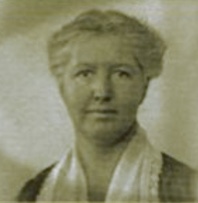
Grace Hutchins was an American labor reformer and researcher, journalist, political activist and communist. She spent many years of her life writing about labor and economics, in addition to being a lifelong dedicated member of the Communist Party, along with Anna Rochester, a Marxist economist and historian and her companion of 45 years. Together they were known for promoting radical Christian pacifism in the United States, although Hutchins was also regularly involved in strikes, demonstrations and labor disputes.
This page is based on this
Wikipedia article Text is available under the
CC BY-SA 4.0 license; additional terms may apply.
Images, videos and audio are available under their respective licenses.









